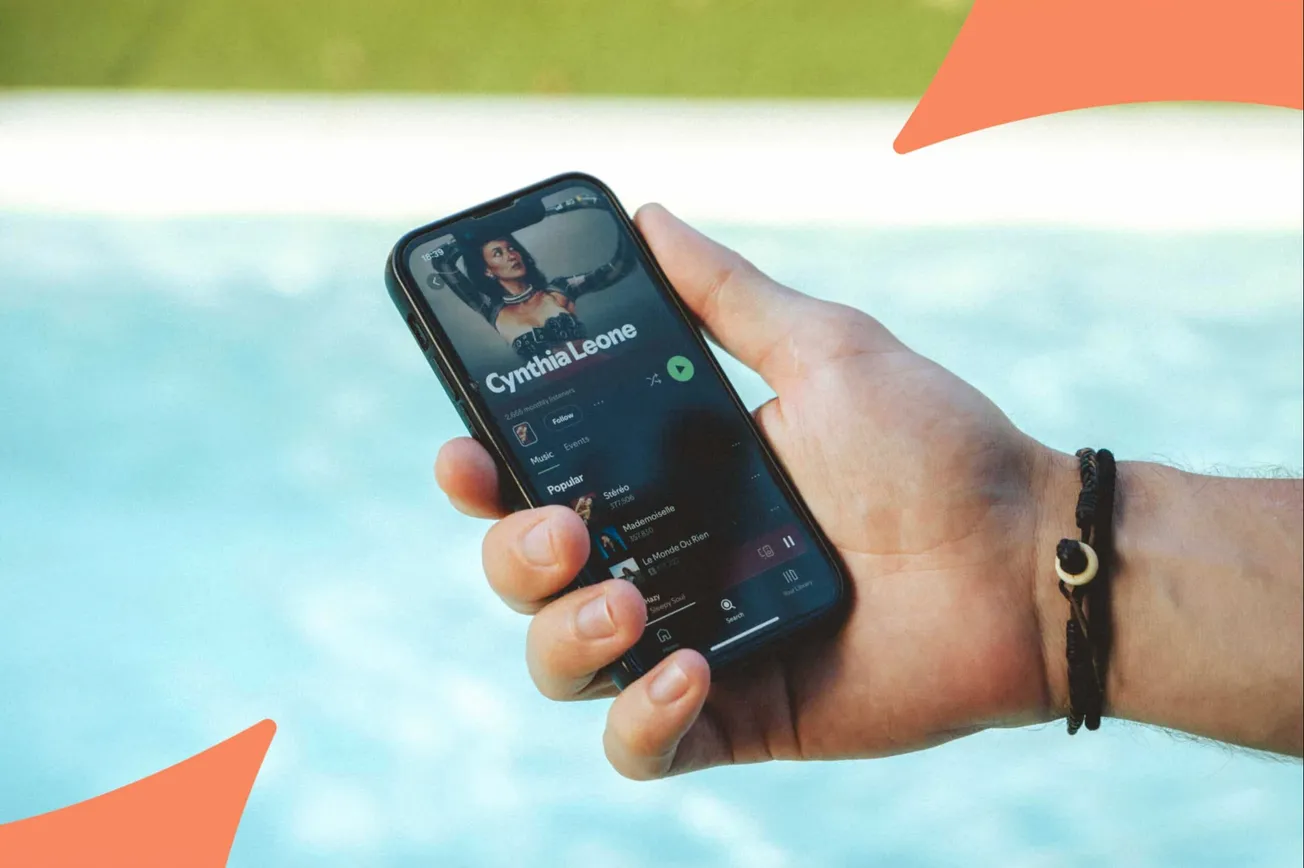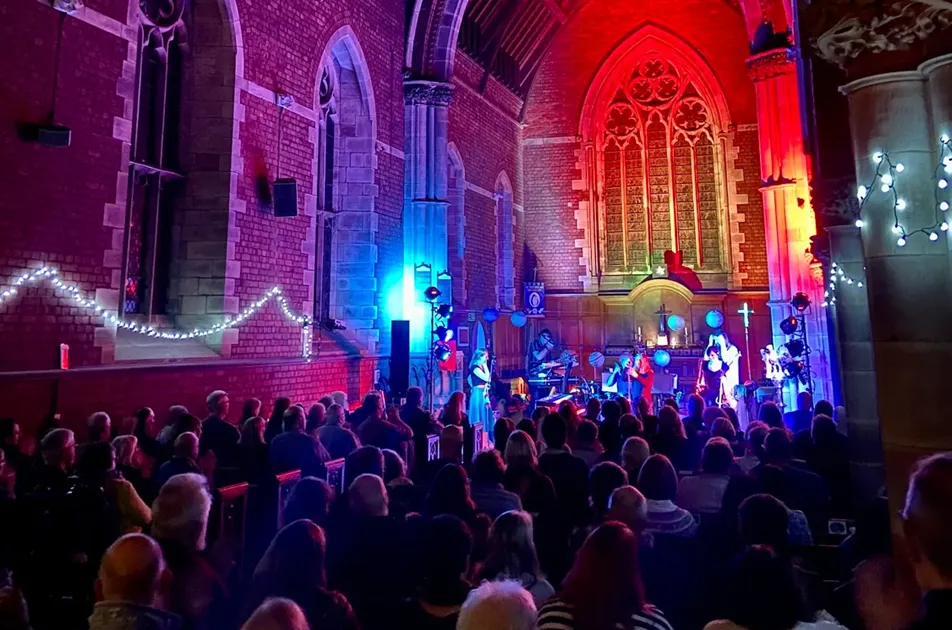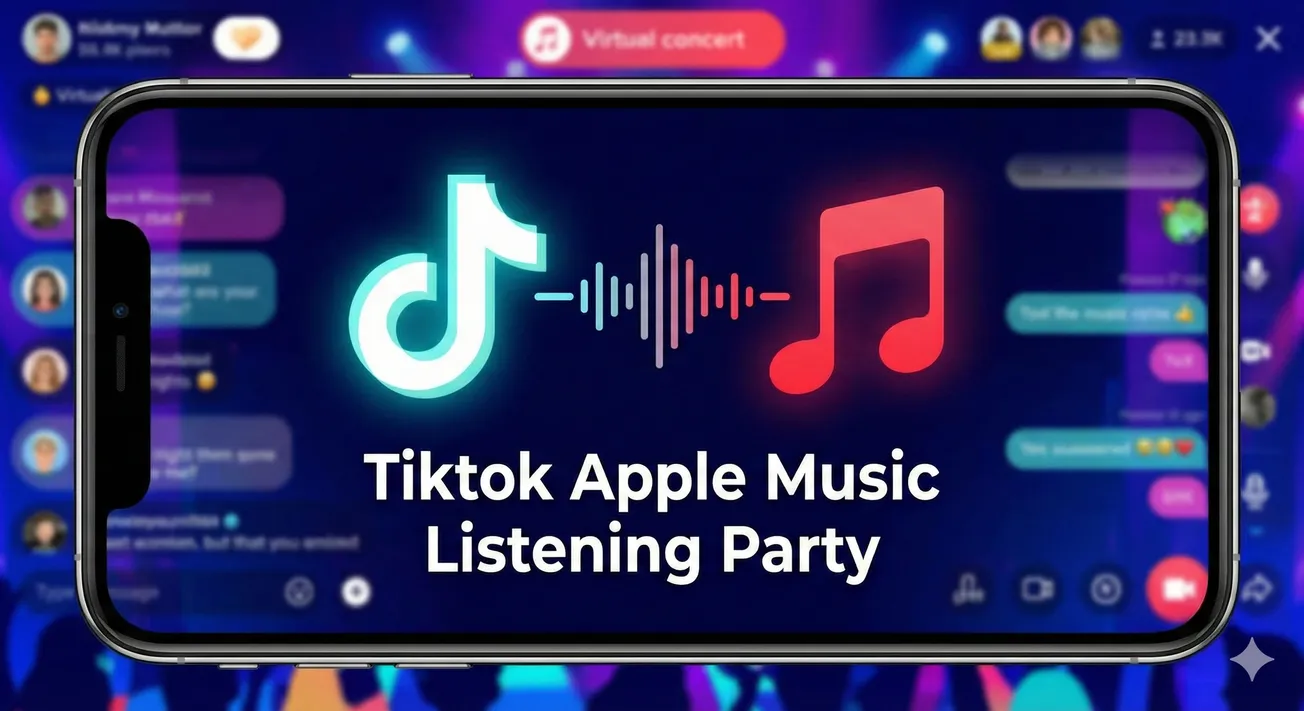While many may be under the impression that illegal downloading has fallen by the wayside with the rapid rise in popularity of streaming, the reality is something quite different, and while most in the industry continue to demonize this practice, the people at Muzit see it as an opportunity.
_______________________________
Guest Post by Tommy Funderburk, Founder & CEO of Muzit Music labels, Internet radio and stream companies alike have painted continuous access to licensed music as the solution to curbing peer to peer downloading activity. Over the past few years, these services have grown in listenership, but the practice of peer to peer downloading has not stopped.Recently data, published by MusicWatch, shows 57 million Americans alone are using a wide variety of channels, including BitTorrent, storage lockers, illegal streaming apps, ‘stream ripping’, P2P, and even hard drive swaps.“Acquisition of unlicensed music from unsanctioned sources has not gone away,” MusicWatch chief researcher Russ Crupnick affirmed to Digital Music News. “[‘Piracy is dying’] is an entirely incorrect proclamation.”When it comes to consuming music, many people still want it immediately at their fingertips and, of all the options, torrenting is the choice of millions. This desire to still hold a copy of a song keeps the world of P2P downloading, and other sharing sources, very active and growing. But the industry has never understood P2P users and still fails to see the P2P community for who they are – fans; and who they can be potential customers.In contrast, Muzit chooses to regard those who use P2P always as fans, not foes. To help artists embrace this online community, Muzit created the TRACE platform, which enables artists to identify, engage and monetize global file sharing. Muzit is currently connecting to over 128,000 torrents and has identified more than 257 million (and growing daily) distinct IP addresses which copyright owners can market to. We see people downloading new releases and trending artists, as well as older catalogues and materials, too.To put it simply, Muzit’s platform of big data shows that people still actively download music all over the world, from the US to New Zealand. More remarkably, during a time when you can stream any type of song you can think of, P2P downloading is actually growing. Since December of 2015, we have seen, on average, a 10% increase each month in torrenting growth, with around 30% of that coming from the United States.Wait, haven’t labels curbed file-sharing? And aren’t they still trying?
Not necessarily!Yes, labels, publishers and individual copyright owners have spent hundreds of millions of dollars attempting to curb unauthorized file sharing through legislation, litigation. Even going so far as to sending viruses to fan’s computers! But sending ‘anti-piracy’ educational messages or using fear tactics on nearly two decades of P2P users has not worked. Furthermore, attempting to sue every ISP into submission only creates adversarial relationships and wastes valuable monetization opportunities. Why not, recognize (as Muzit does) this other world for what it can be: a completely new distribution channel?As Mashable’s Armad Valdes put it, “The problem isn’t a lack of access to our favorite music, it’s that you have to find it in so many different places. If I want to listen to 1989, I have to go to Apple Music. If I want to listen to The Life of Pablo, I have to subscribe to Tidal. And while this creates a healthy market of competition, it creates a huge hassle for me when I’m trying to make a unified playlist of my favorite songs. And so, when faced with any adversity to obtaining something it wants, the Internet always finds a way.”With everything available, for practically free, why would people still want to “own” music?“It’s important to note that CDs are not just round objects that contain music. They stand for the concept that music is own-able, physical and shareable,” wrote Ted Rull in NewDomian last year. “…Despite the pressure to conform, many consumers, myself included, prefer to own rather than rent their music.”Meanwhile, Will Dunn the editor at Stuff expounded “Spotify might offer 20 million songs, but 120GB of music is more than most people need, and your iTunes library doesn’t carry data charges or a subscription fee.”Related articles










